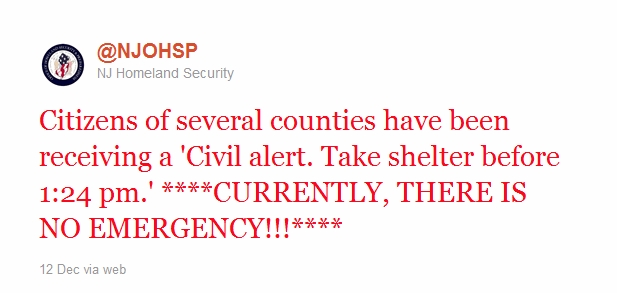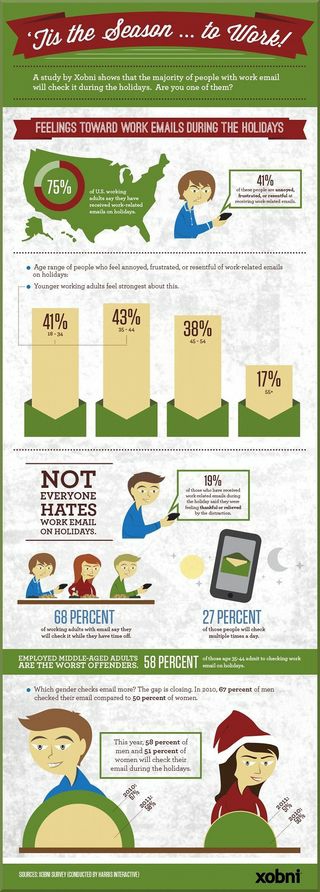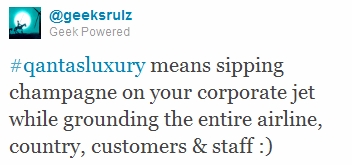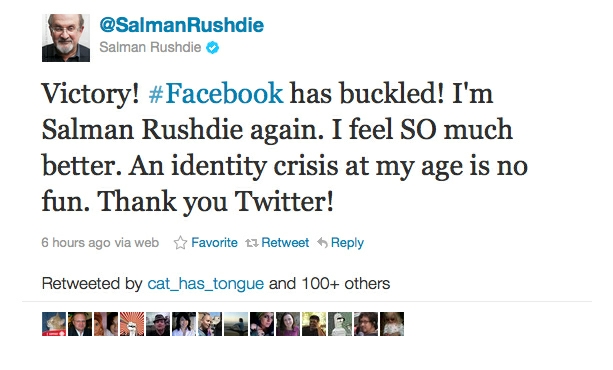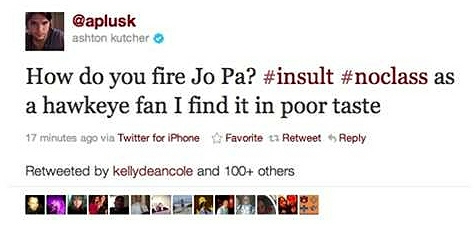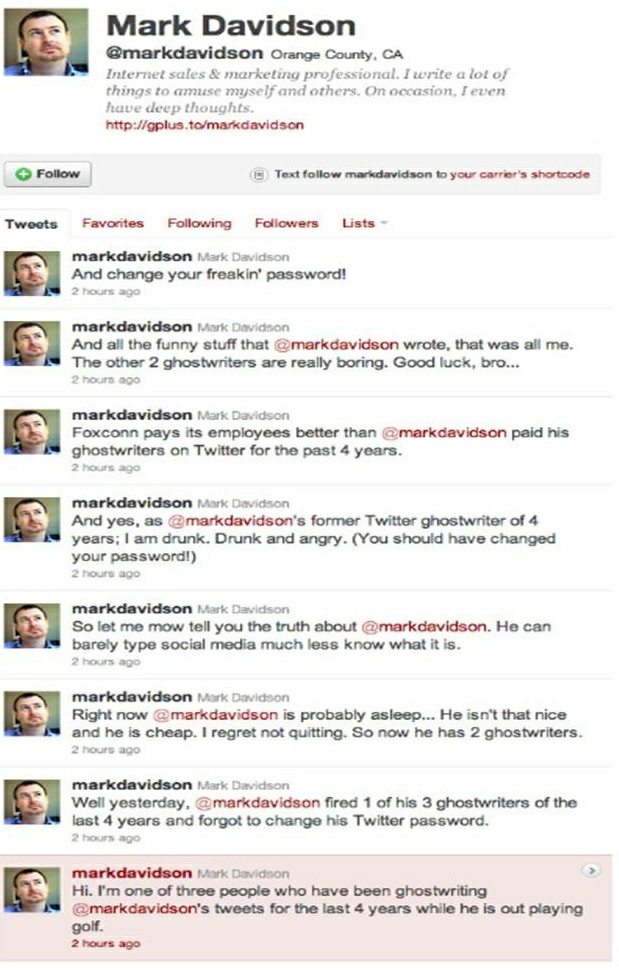QR Code Use Stuck at 5%
/ They're fun and cute, but will people use them? Marketers have tried pushing QR codes but haven't had resounding success, according to Ad Age.
They're fun and cute, but will people use them? Marketers have tried pushing QR codes but haven't had resounding success, according to Ad Age.
Some of the failed attempts are humorous. The barcodes are designed to be scanned by a mobile app to open a web page, but marketers have chosen a few odd uses. A MillersCoors QR code linked to a website where holiday partiers could easily get a cab, but as Ad Age reports, "The effort assumed that revelers still had enough dexterity to aim a phone and get a clear shot."
Other failed attempts include QR codes on places out of cellular reach: Red Bull's ad in a subway car and United Airline's ad in an in-flight magazine.
The most successful campaigns seem to provide more information, for example, Macy's codes on clothing led to video descriptions by designers, and Home Depot codes on plants led to more information about what items can be placed together.
This is a good lesson in how we can get carried away with technology that's new and inexpensive without having a strategy for how to best use the technology for communication. For now, marketers are still learning.
Discussion Starters:
- Have you used a QR code? For what purpose? How do you think they're best used?
- Imagine that you run an office supply store. How could you use codes to provide product information or offer better service for customers?

